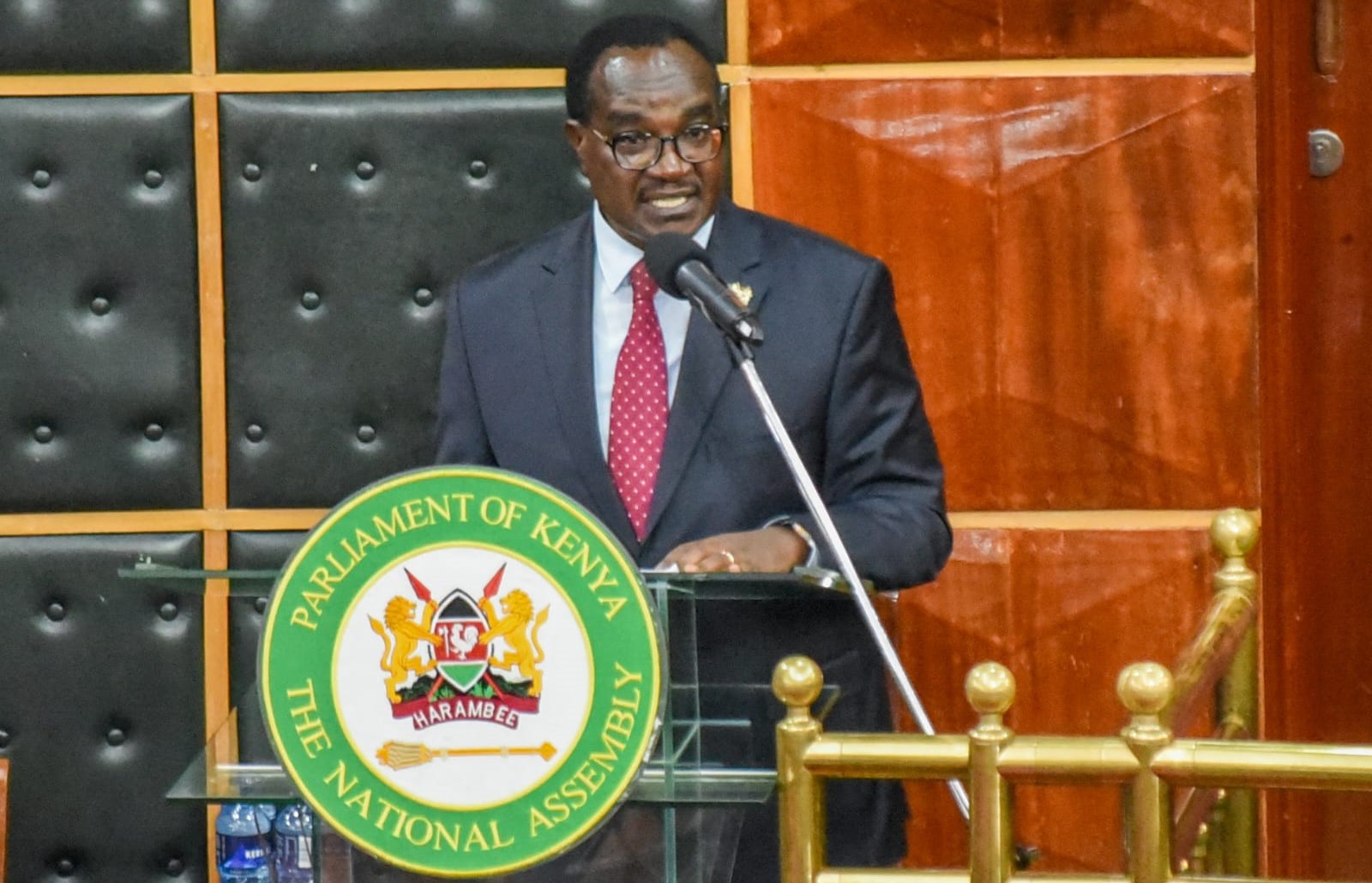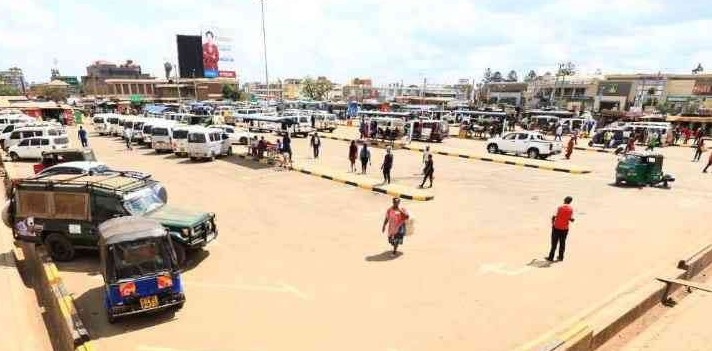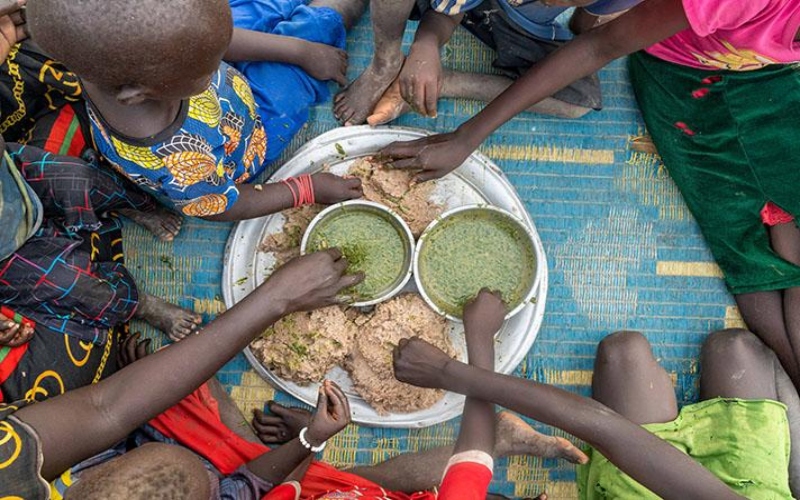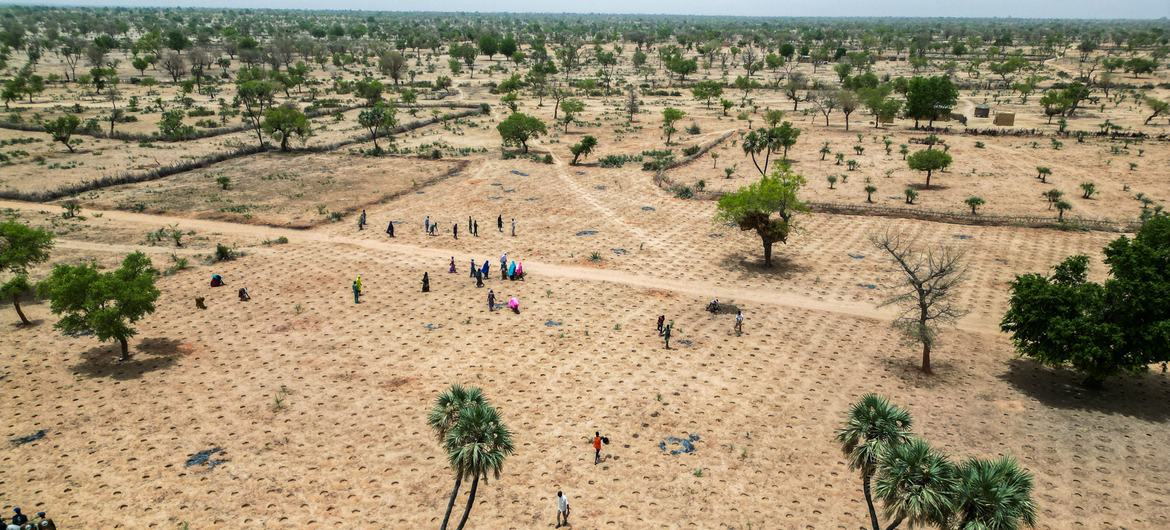Kenya falls short of birth registration target by over 300,000 in 2023
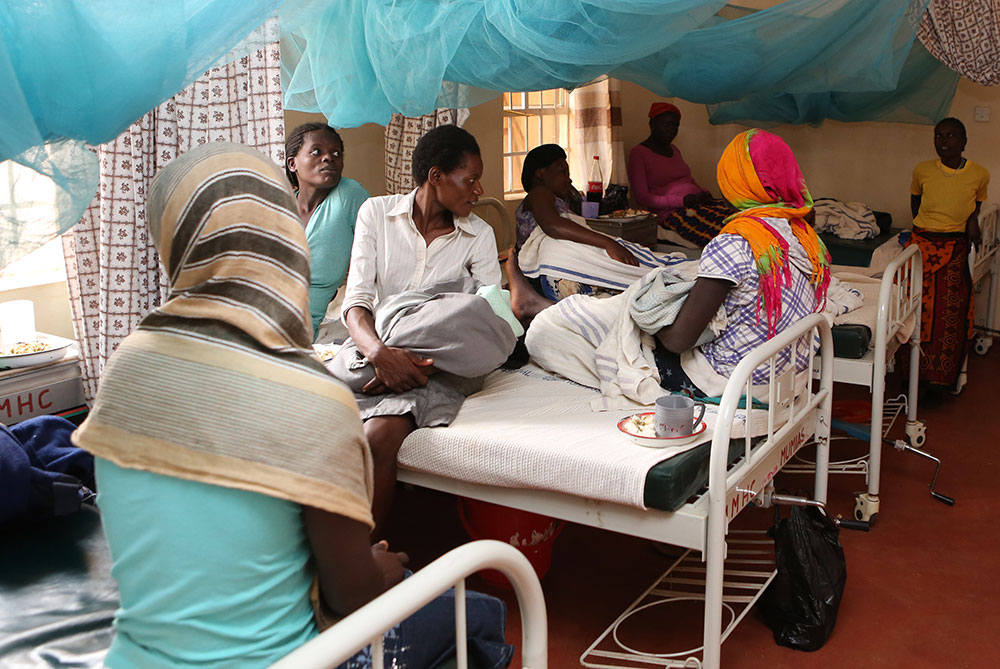
Out of the anticipated 1.55 million births, only 1.19 million were officially recorded, leaving many children without the legal recognition that secures their identity and access to basic rights.
Kenya's dream of registering every child at birth in 2023 fell short, with 354,376 children left unaccounted for.
Out of the anticipated 1.55 million births, only 1.19 million were officially recorded, leaving many children without the legal recognition that secures their identity and access to basic rights.
More To Read
- Birth control in Africa: Study tracks the use of long-acting contraception in 26 countries
- Delivering in fear: The untold impact of disrespect in childbirth
- WHO calls for urgent action to reduce maternal and child mortality
- Caregivers and parents asked to seek consent before sterilising PWD kins
- 62-year-old woman transforms young mothers lives through child spacing
The Kenya Vital Statistics Report 2023 reveals that the national registration rate dropped to 77.1 per cent, falling below the United Nations' 90 per cent target.
Birth registration, which provides legal proof of identity, is a cornerstone of public health and social planning.
However, Kenya has faced a downward trend in registration rates over the past five years.
After reaching 89.3 per cent in 2019, the rate declined sharply to 79.9 per cent in 2020, mainly due to disruptions caused by the COVID-19 pandemic.
Although a slight recovery occurred in 2021 with 83.1 per cent, the numbers continued to decline in subsequent years, hitting 80.6 per cent in 2022 and 77.1 per cent in 2023.
The report highlights significant disparities among counties.
Twelve counties exceeded the UN target of 90%, including Nairobi (131.6%), Kericho (127.5%), and Nyamira (123.2%).
Low rates
In contrast, nine counties, mostly in arid and semi-arid regions, recorded the lowest rates. Wajir, for instance, had only 12.2 per cent completeness, followed by Mandera at 13.9 per cent.
These areas face challenges such as inadequate infrastructure, cultural practices that de-emphasize birth registration, and logistical hurdles in accessing remote regions.
"Kenya faces significant obstacles in achieving universal birth registration," the report stated.
It identified financial and human resource constraints as key barriers to improving the capacity of civil registration services.
To address the gaps, the report recommends investing in technology to expand digital registration systems in rural areas, launching awareness campaigns on the importance of registration, simplifying processes to reduce late registrations, and fostering collaboration between government and community organisations to tackle systemic issues.
Last year in December, Immigration Principal Secretary Julius Bitok announced an increase in the registration fees for birth and death certificates, citing inflation as the primary reason.
He argued that the fees, which have remained unchanged for 36 years, will rise from Sh50 to Sh200.
Bitok, who appeared before the Parliamentary Committee on Delegated Legislation to discuss the revised fees, explained that the last fee adjustment was made in 1988.
"From 1988 up to now is 36 years. And clearly, inflation is more than 10 times. The principal amount here, which affects the majority of the people, is one for Sh200. We increased the fees from Sh50 to Sh200 because of the cost of materials and inflation. The times have changed because 36 years is a long time," he told Members of Parliament.
The new fee structure also includes a substantial increase in other related charges.
Late registration for birth and death certificates now incurs a fee of Sh500, up from the previous Sh150.
Top Stories Today
